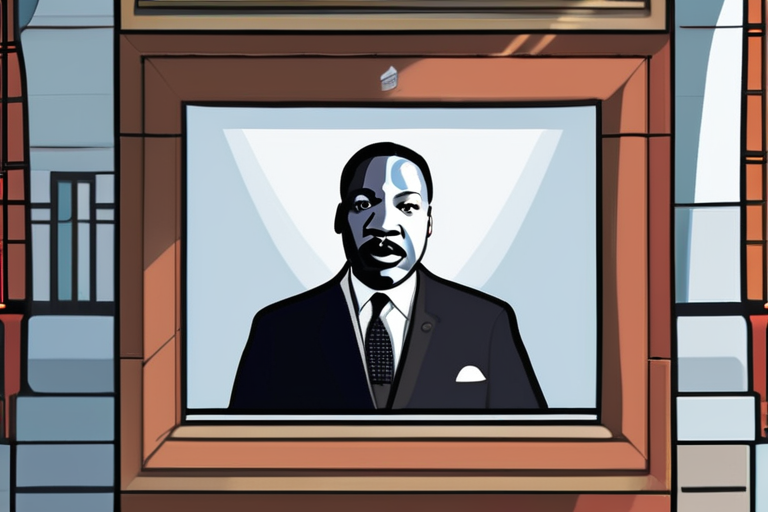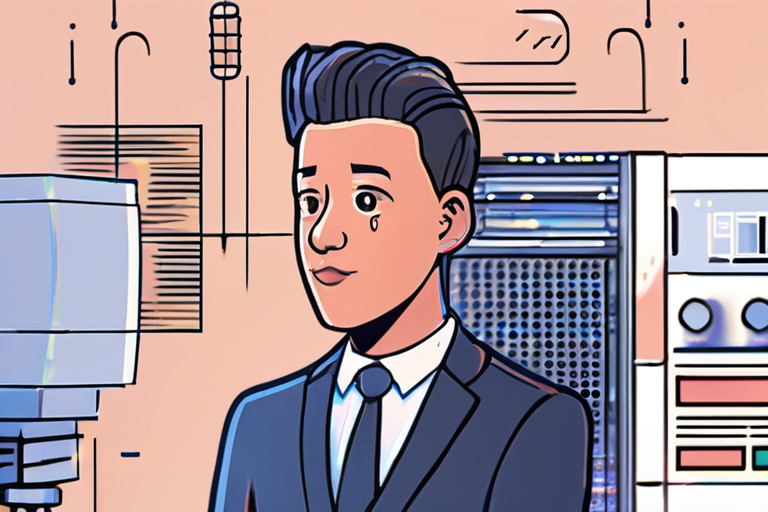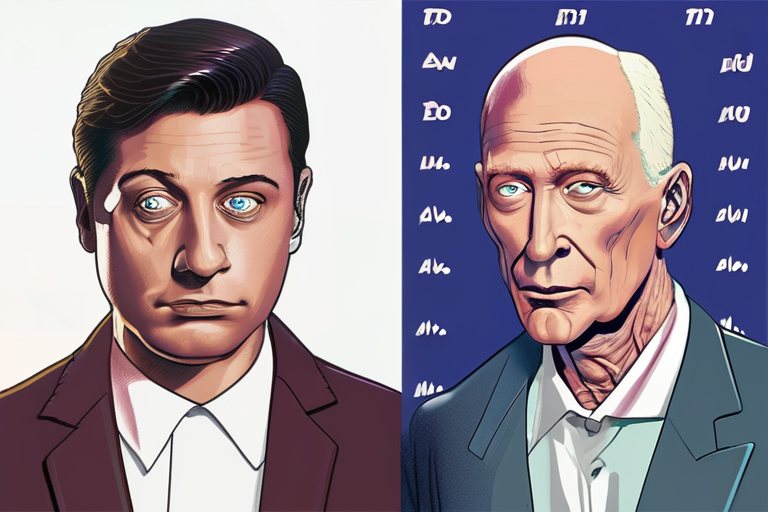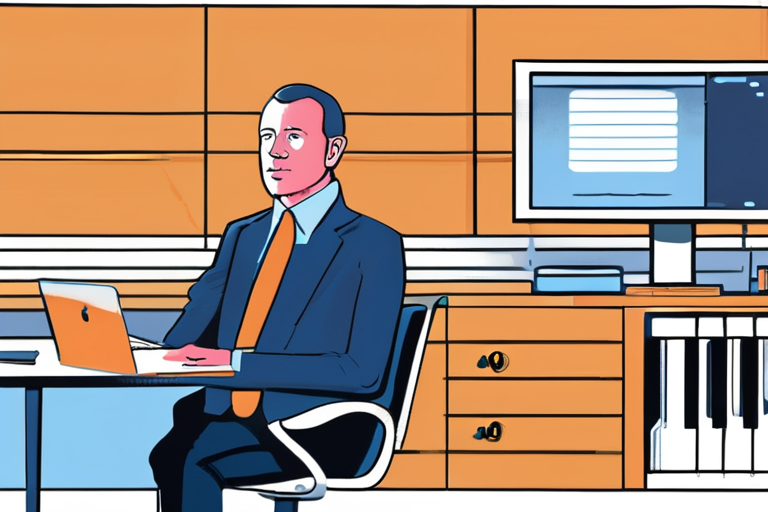OpenAI Halts Sora Video Generations of Martin Luther King Jr. Amid Respect Concerns


Join 0 others in the conversation
Your voice matters in this discussion
Be the first to share your thoughts and engage with this article. Your perspective matters!
Discover articles from our community

 Hoppi
Hoppi

 Hoppi
Hoppi

 Hoppi
Hoppi

 Hoppi
Hoppi

 Hoppi
Hoppi

 Hoppi
Hoppi

Hollywood Demands Copyright Guardrails from Sora 2 Amid User Backlash In a move that has sent shockwaves through the tech …

Hoppi

CAA Calls OpenAI's Sora 2 "Significant Risk" to Its Clients In a move that highlights the growing concerns over AI-generated …

Hoppi

OpenAI's Sora Video App Surges Past 1 Million Downloads in Under Five Days, Outpacing ChatGPT In a remarkable display of …

Hoppi

Sora's Controls Fail to Block Deepfakes, Copyright Infringements OpenAI's Sora AI video generation platform has been found to have significant …

Hoppi

Deepfake Technology Raises Concerns After Zelda Williams' Plea Zelda Williams, daughter of the late actor Robin Williams, took to Instagram …

Hoppi

The Fixer's Dilemma: Chris Lehane and OpenAI's Impossible Mission As I watched Chris Lehane take the stage at the Elevate …

Hoppi